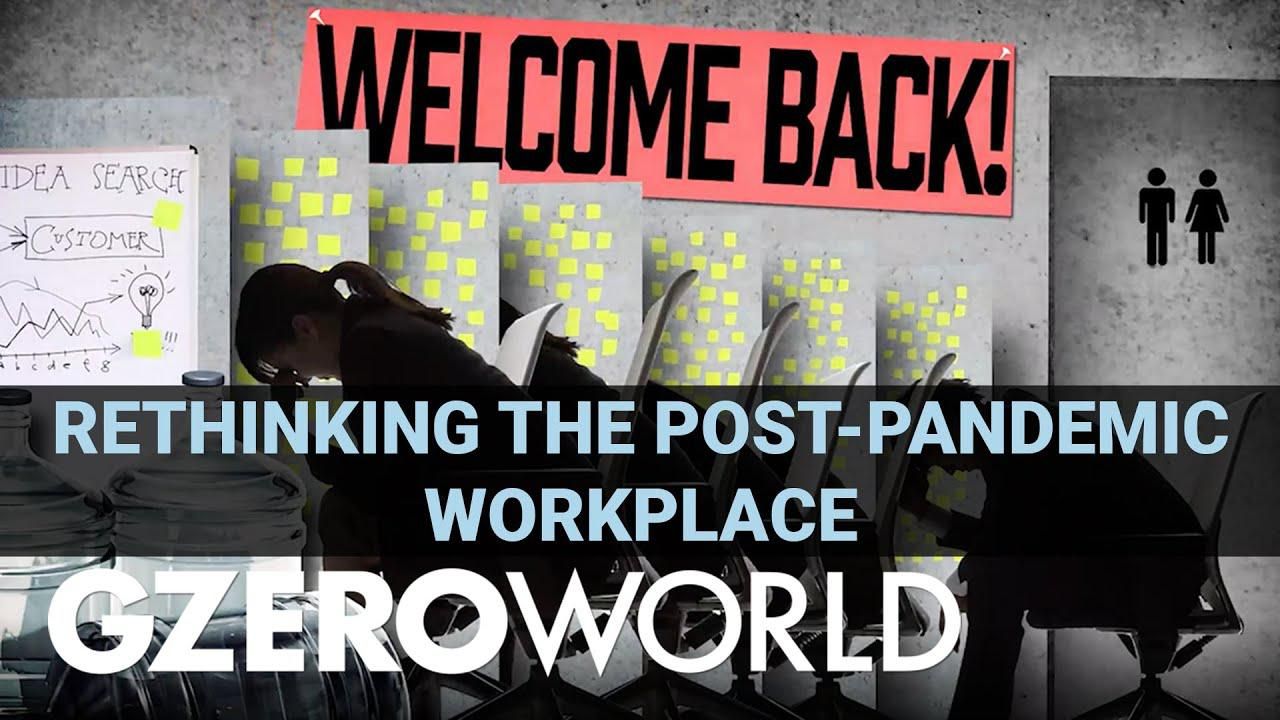GZERO World Clips
Rethinking the post-pandemic workplace

Ian Bremmer Explains: Rethinking the Post-Pandemic Workplace | GZERO World

While the pandemic continues to ravage much of the world, the rich world is opening back for business and companies are preparing to bring their employees back to the office. But quite a few of those workers don't seem thrilled about a return to pre-COVID workplace norms. A recent survey of 30,000 Americans found that three in ten never want to return to the office again. Another poll found that one in three US workers wouldn't want to work for an employer who requires them to be on site full time. But Wall Street's impatience is starting to show. Take Morgan Stanley CEO James Gorman, who effectively told his New York City employees that they should expect to be back in their cubicles by September, or else. If employers are going to require that their workers return to the office, what should those workers expect in return?
Watch the episode: Adam Grant reimagines work after COVID
When Japanese Prime Minister Sanae Takaichi called snap elections last month, it was a big gamble. Holding a winter election just four months into her tenure with no real policy record to run on?
Tune in on Saturday, February 14th at 12pm ET/6pm CET for the live premiere of our Global Stage from the 2026 Munich Security Conference, where our panel of experts takes aim at the latest global security challenges.
Microsoft unveiled a new set of commitments guiding its community‑first approach to AI infrastructure development. The strategy focuses on energy affordability, water efficiency, job creation, local investment, and AI‑driven skilling. As demand for digital infrastructure accelerates, the company is pushing a new model for responsible datacenter growth — one built on sustainability, economic mobility, and long‑term partnership with the communities that host it. The move signals how AI infrastructure is reshaping local economies and what people expect from the tech shaping their future. Read the full blog here.
The Israeli government unilaterally passed measures that allow Jewish settlers to purchase land in the West Bank, overriding past laws that effectively banned the sale of property there to anyone other than Palestinian residents.